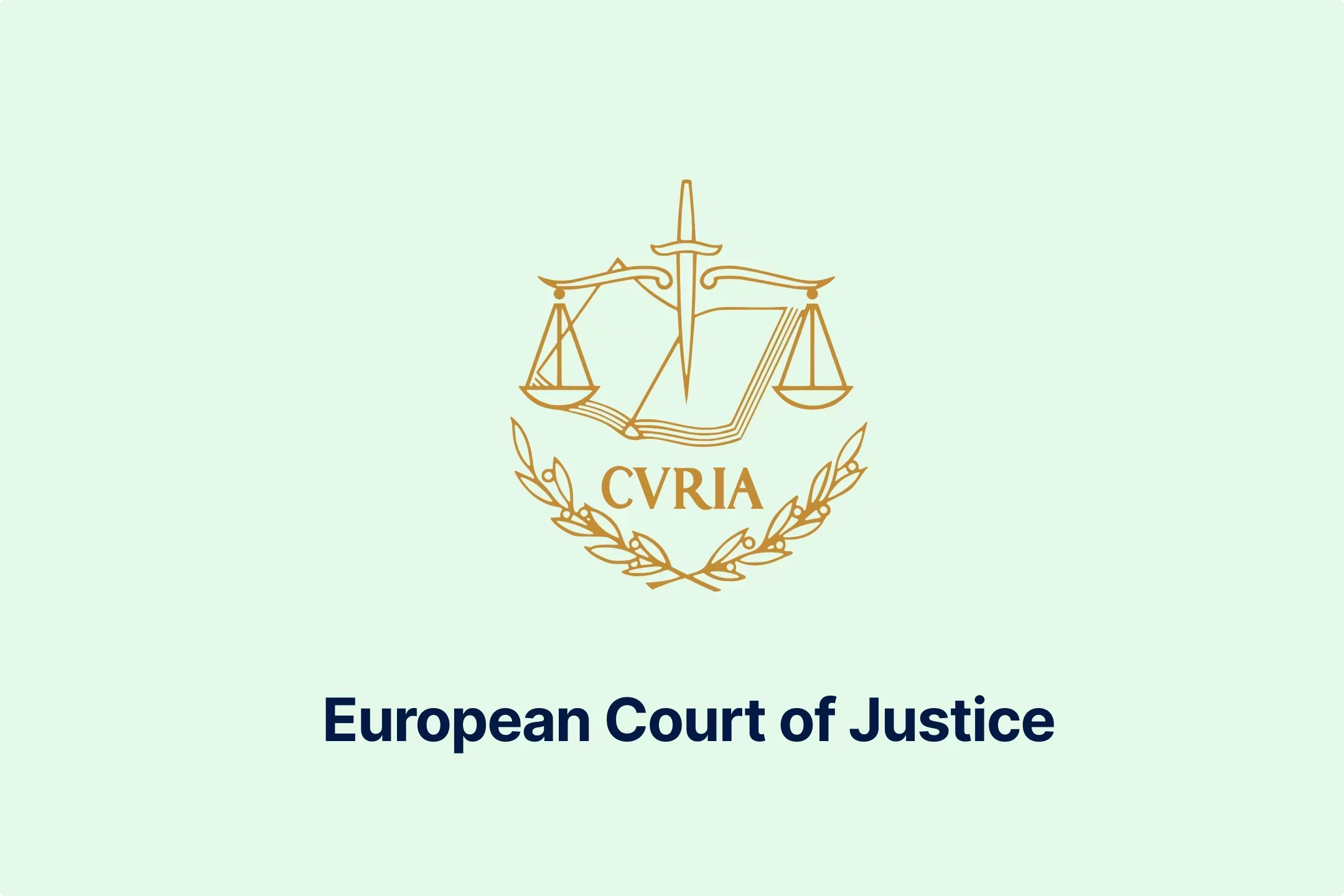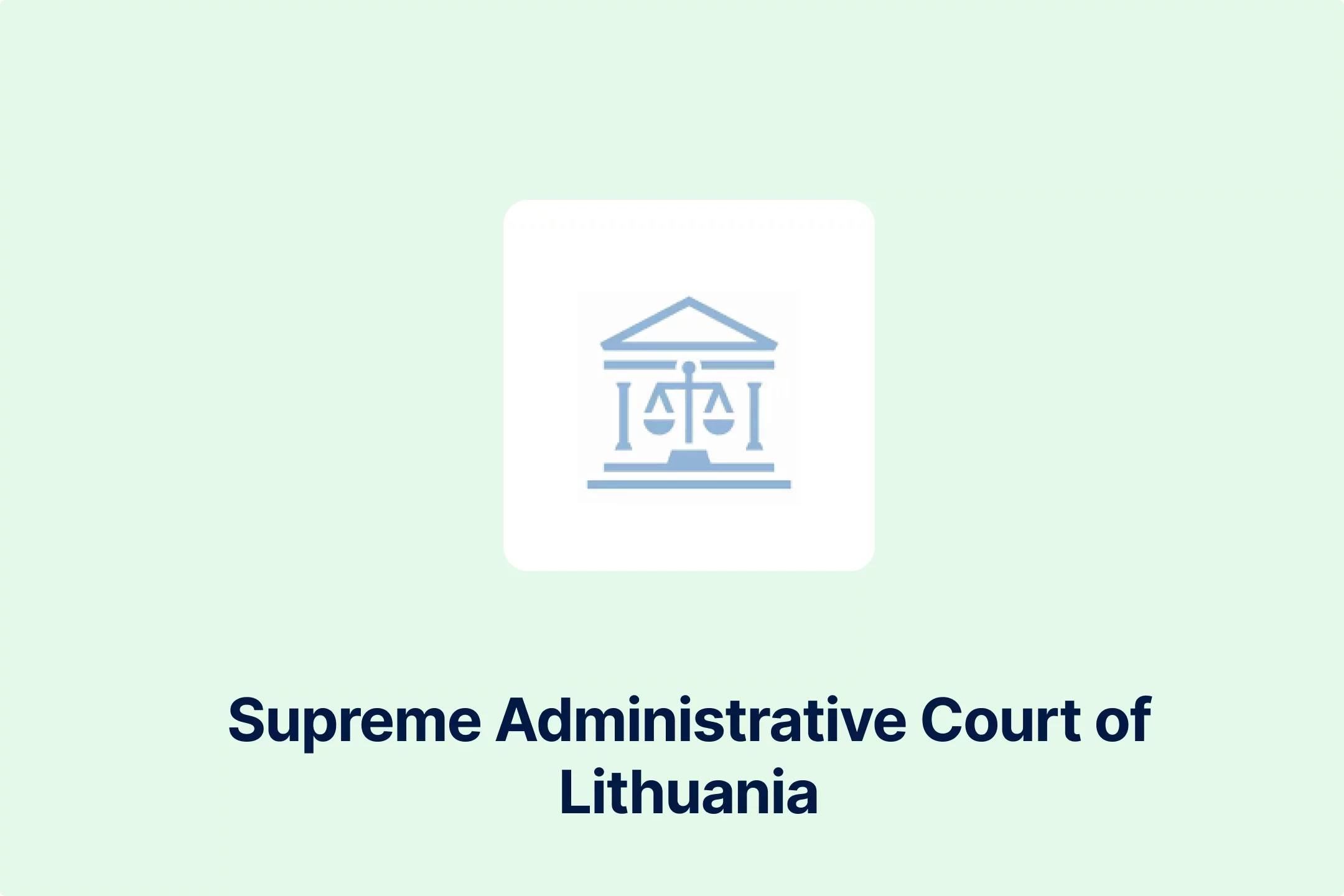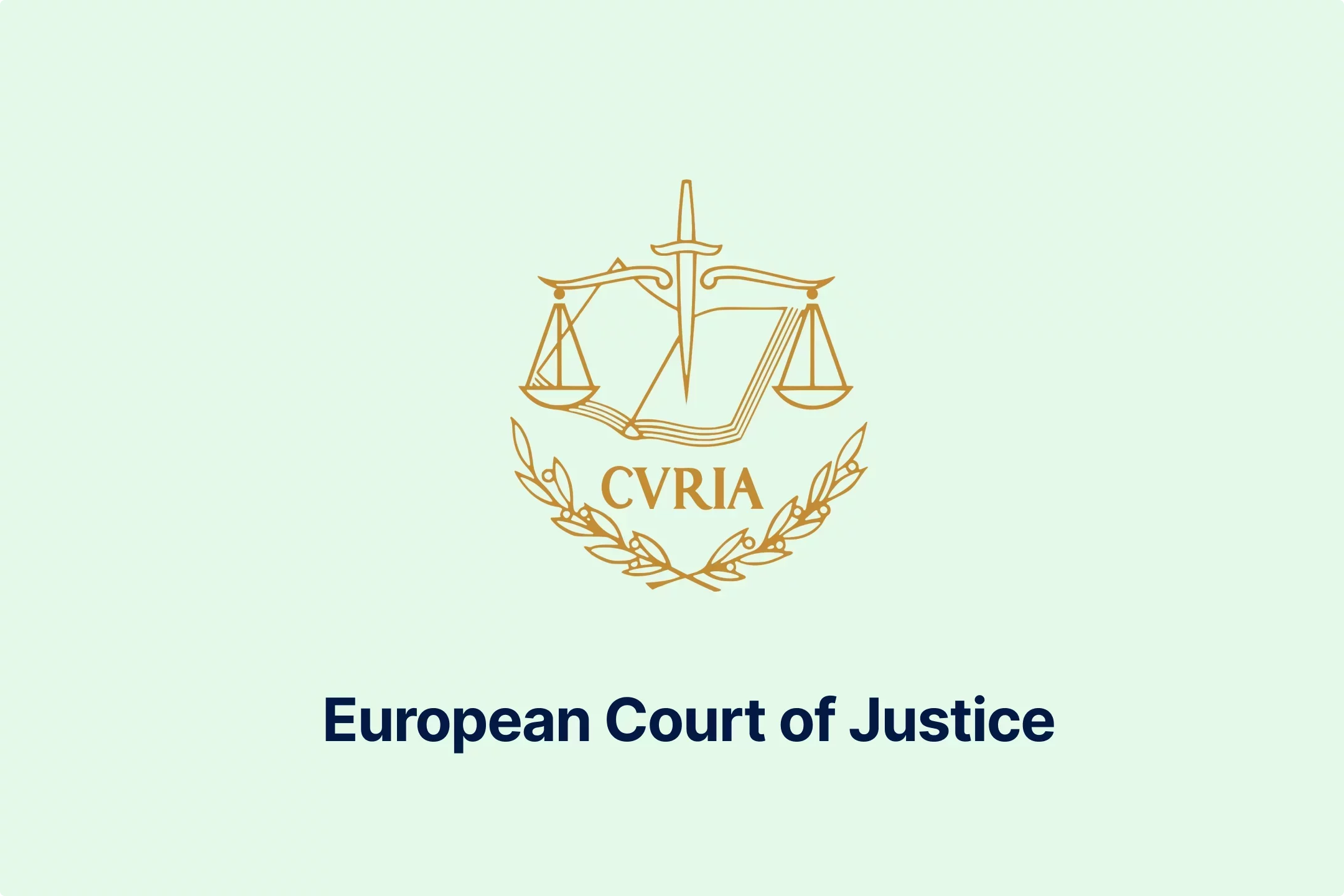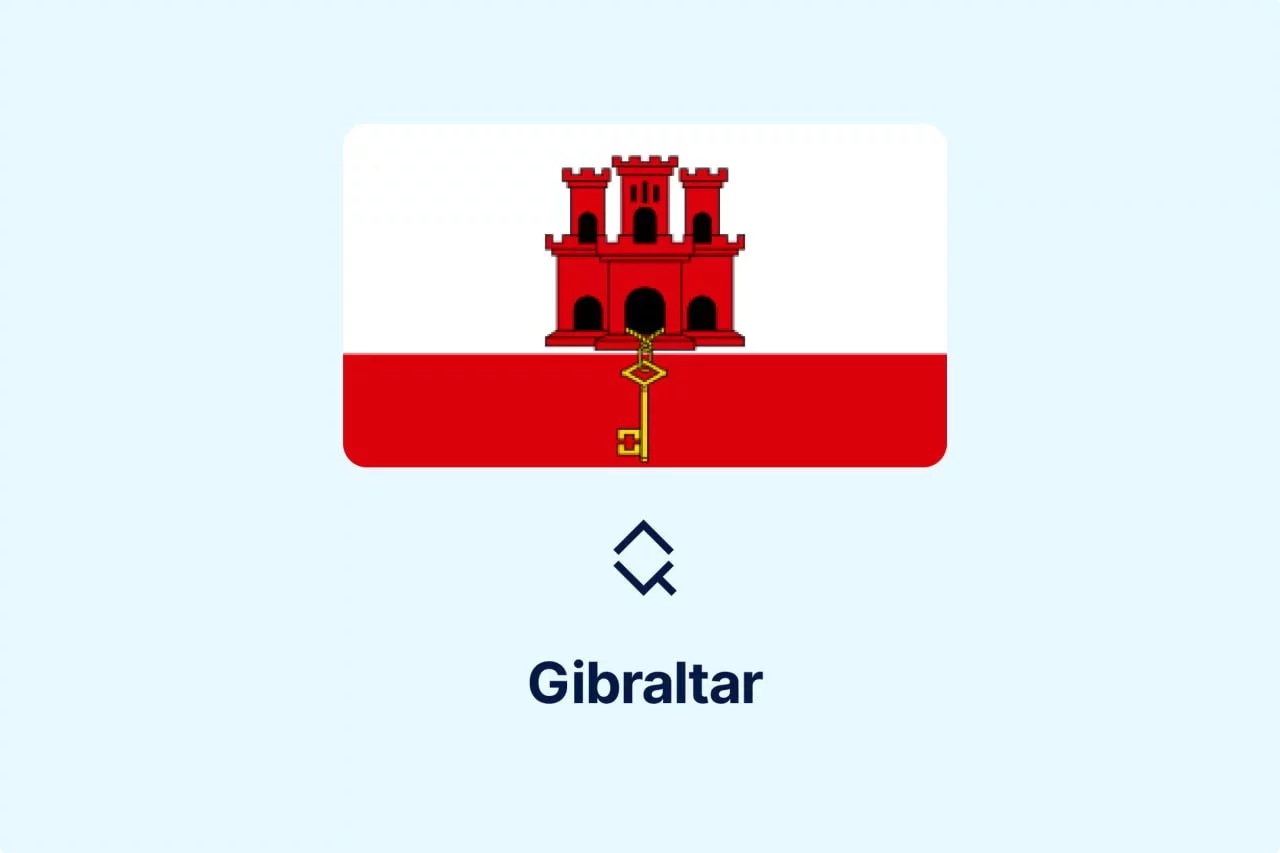Amazon Sellers: EU VAT Compliance Guide for Remote Vendor

New Amazon sellers entering the EU market need help understanding the EU VAT framework and how it applies to their sales on Amazon. Indeed, one of the most essential issues newcomers to the EU e-commerce market might face is tax compliance, specifically VAT compliance.
One of the most significant challenges is VAT registration, where the main questions are: when and where should the remote vendors register for VAT? Apart from VAT registration, there are other important issues related to VAT, such as customs and import duties, applying the correct VAT rate, submitting VAT returns, etc.
This article aims to answer some of the most relevant questions and help all remote vendors operating in the EU on their way to becoming tax-compliant.
Overview of the EU VAT Framework
The EU VAT framework has changed significantly recently, and many new rules have been implemented. In addition to EU-wide rules, it is vital to consider local tax and VAT rules. Some basic rules state that if remote vendors store goods in one of the EU Member States, they should register for VAT in that EU country.
This is also true for selling goods to consumers in one EU Member State. However, the situation gets complicated when goods are stored or consumers are in several EU countries. Non-EU sellers should register for VAT purposes in each of these EU countries. In addition, following the national rules, a tax representative might be needed, and vendors would be required to calculate VAT rates and submit VAT returns in each of these EU countries.
This represents a substantial administrative and financial burden, especially for small and medium businesses.
Luckily, in 2021, a game-changing EU-wide VAT reform was implemented, and the One Stop Shop (OSS) system was introduced. The OSS aims to simplify OSS compliance for online vendors, including those outside the EU.
VAT Registration and the OSS
The OSS allows remote vendors who sell directly to consumers in the EU or are engaged in cross-border sales within the EU to avoid registration in every EU Member State where they store or sell their products. Non-EU vendors can use a single registration and register for either the Union OSS scheme for intra-community distance sales(if they store goods in an EU) or for the Import One Stop Shop (IOSS) scheme if they import goods to the EU from outside the EU.
However, for the IOSS, it is crucial to remember that the total value of the goods imported from third countries or territories in one consignment is at most EUR 150.
Remote vendors can choose which EU country to register for OSS and IOSS. They should appoint a tax representative(for IOSS). Once they complete the registration, vendors can report and pay the VAT due on all sales in EU countries through a simplified quarterly return.
This solution may be exceptionally beneficial for those who use the Fulfillment by Amazon (FBA) service, which stores and ships goods from multiple European countries.
Amazon Liability in Ensuring VAT Compliance
Under the e-commerce rules adopted in July 2021, if an Amazon seller is based outside the EU, Amazon, as the deemed supplier, might be responsible for collecting and remitting VAT on EU sales. Under the EU VAT Directive, the remote vendors are considered the “underlying suppliers,” Amazon, as the middleman between the remote vendor and the consumer, is supposed to have received and supplied those goods to the consumer.
An example of this obligation is when a remote vendor sells goods dispatched from outside the EU to a consumer in the EU, where the total value of the imported goods is less than EUR 150. In addition, Amazon, as a deemed supplier, is responsible for collecting and remitting VAT when a remote vendor stores goods in one EU country and sells them to consumers in another. This is known as a cross-border sale.
In that situation, considering registering for one of the OSS schemes might be a good solution. Another option is registering in any EU country where consumers are located or goods are stored and applying all the local VAT-related rules.
VAT Record-Keeping Requirements
Registering for VAT and paying due VAT does not mean the end of requirements for achieving tax and VAT compliance. Remote vendors should maintain accurate and detailed records of all VAT-related transactions to be fully compliant.
All records and relevant documents should be kept for ten years, and remote vendors should provide those records upon request of the competent Tax Authority.
In addition, each EU Member State has its invoice requirements, and remote vendors should understand these requirements and related rules.
Conclusion
Remote vendors should consider many factors when deciding whether to sell products through Amazon to European-based customers. If they do decide to do so, understanding the VAT rules and regulations is essential for avoiding compliance.
Non-compliance with EU VAT rules may lead to penalties, interest, and back taxes. In addition, Amazon has stringent tax and VAT compliance policies, and those who do not follow these rules may have their accounts suspended.
For all these reasons, and with Amazon VAT Service being shut down, choosing a correct EU VAT advisor may be one of the first steps any remote vendor should consider before making a first sale on Amazon.

Featured Insights

Burkina Faso FEC E-Invoicing Mandatory July 2026
🕝 February 24, 2026More News from Europe
Get real-time updates and developments from around the world, keeping you informed and prepared.

EU Law Primacy in VAT: ECJ Rules on Hungarian National Practice

Appstore VAT Ruling: Who owns your In-App Purchase tax? C-101/24

VAT Treatment of EU-Funded Projects for Non-Profit Associations

Right to Deduct VAT on Fixed Asset Reconstruction: Court Ruling
-7xsxxoypnx.webp)
Italy’s EUR 1 Billion VAT Dispute with Meta, X, and LinkedIn Explained
-l0zcrrzvhb.webp)
EU 5% Digital Service Tax Could Generate EUR 37.5 Billion: CEPS Study

Restrictions on VAT Deduction: Key Legal Cases & Compliance Insights
-qsozqjwle2.webp)
EU Parliament Approves ViDA: VAT Reforms & Digital Tax Compliance

-e9lcpxl5nq.webp)




-zzrhegqsyq.webp)

-ulcnia30z1.webp)



-3rcczziozt.webp)

-rvskhoqpms.webp)




-a5mkrjbira.webp)

-ivkzc1pwr4.webp)




-hssrwb5osg.webp)



-c06xa1wopr.webp)









-webajrr4ny.webp)
-evibmwdwcn.webp)
-7acdre0hop.webp)

-lcgcyghaer.webp)
-ol6mdkdowg.webp)
-aqdwtmzhkd.webp)

-njgdvdxe2u.webp)



-i6rki3jbad.webp)
-hdwgtama05.webp)

-atbhy5fyxv.webp)






-zp2n6zixoa.webp)
-oa1ynbm4sn.webp)

-lltkno6txy.webp)



-do38odrqnq.webp)

-t409oldqzt.webp)

-hordopb6xh.webp)

-ooimnrbete.webp)

-lwb5qpsily.webp)


-eumafizrhm.webp)

-mtqp3va9gb.webp)

-3ewrn1yvfa.webp)
-591j35flz2.webp)

-huj3cam1de.webp)


-hafis0ii23.webp)

-qseaw5zmcy.webp)



-qzsah2ifqx.webp)

-69rzooghib.webp)
-wrvng98m0g.webp)


-psucycuxh2.webp)
-klyo8bn5lc.webp)




-6wv5h5eyyd.webp)
-tfgg78rbid.webp)
-a6jpv9ny8v.webp)
-qhdbapy0qr.webp)

-owvu7zoc13.webp)


-h28jrh1ukm.webp)

-wl9bl1rw3a.webp)

-2w76jtvtuk.webp)

-c0uvrmrq9j.webp)



-pofe7ucwz3.webp)



-5cc23ezxyf.webp)
-rrmabbekeb.webp)







-iyyeiabtaf.webp)
-c8rbjkcs01.webp)
-nilkffjhah.webp)

-hikakq55ae.webp)

-z1d60bldtg.webp)
-d1a0q6n7mp.webp)
-viip8nvoeh.webp)
-bvv1otliox.webp)



-de8hdb1bn3.webp)

-cm0opezg73.webp)
-0tovsdupmi.webp)
-subxdamdj6.webp)


-gly6ablwnh.webp)
-gkduqhwbzh.webp)
-qpe1ld9vcj.webp)
-8noukwsmba.webp)
-aka29tuhkt.webp)


-fisvs27yrp.webp)


-mp0jakanyb.webp)

-aivzsuryuq.webp)



-o7f4ogsy06.webp)

-zjja92wdje.webp)
-hrbhdts8ry.webp)
-qtdkwpgkug.webp)


-cf8ccgah0p.webp)
-0em3cif5s6.webp)






-ptzesl0kij.webp)

-tfzv42pyms.webp)







-uodv7sfbih.webp)
-bbrdfmm9qf.webp)



-m2tl8crfqr.webp)




-1awbqjgpjs.webp)
-avbjsn1k1g.webp)


-0h8ohkx6s0.webp)



-wfmqhtc7i6.webp)
-7wljbof2zo.webp)

-eqt97uyekl.webp)
-wzw9mcf563.webp)

-z4oxr6i0zd.webp)




-fhtic1pwml.webp)

-iipdguuz9p.webp)
-nkhhwrnggm.webp)
-pltqwerr3w.webp)

-nn6mtfbneq.webp)

-tmnklelfku.webp)



-8z1msbdibu.webp)
-7g16lgggrv.webp)



-lxcwgtzitc.webp)
-9mc55kqwtx.webp)


-xla7j3cxwz.webp)
-jrdryw2eil.webp)





-t9qr49xs2u.webp)


-qjopq5jplv.webp)



-vune1zdqex.webp)

-rgjta7iwiv.webp)

-zb6bxxws47.webp)
-lyfjzw4okp.webp)

-ogpfmol5m1.png)


-czisebympl.png)

-zetvivc79v.png)
-ud7ylvkade.png)
-qizq6w2v5z.png)







-ihr6b4mpo1.webp)
-k1j4au0ph6.webp)
-swxxcatugi.webp)


-ig9tutqopw.webp)

-tauoa6ziym.webp)

-spr0wydvvg.webp)
-xfuognajem.webp)





-u2nv5luoqc.webp)








-opuxpan2iu.webp)




-kwttsfd8ow.webp)
-8u14qi10nj.webp)

-wjpr96aq5g.webp)

.png)

.png)


.png)


.png)



.png)
.png)
.png)
.png)
.png)

.png)
.png)




.png)
.png)



































































































































